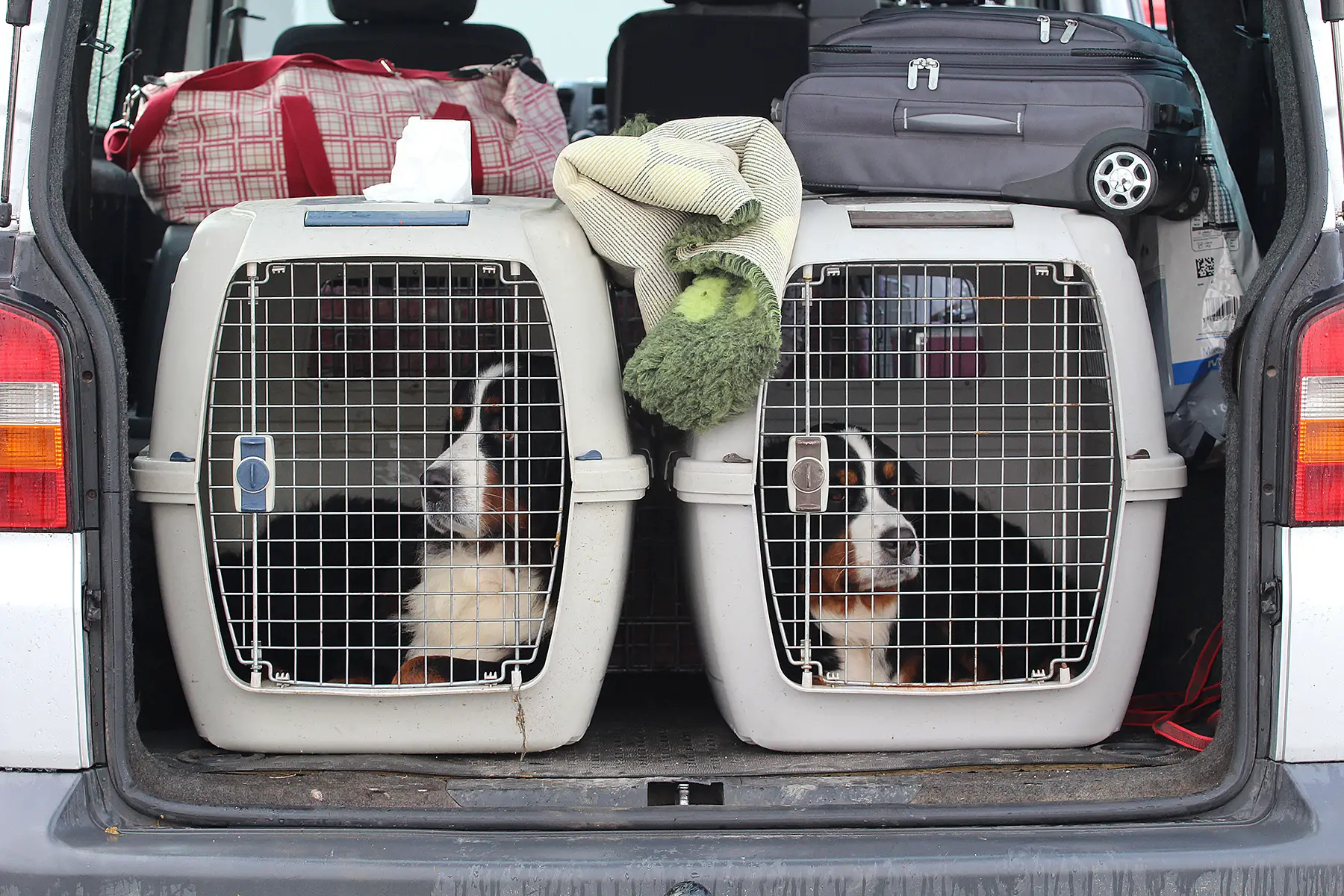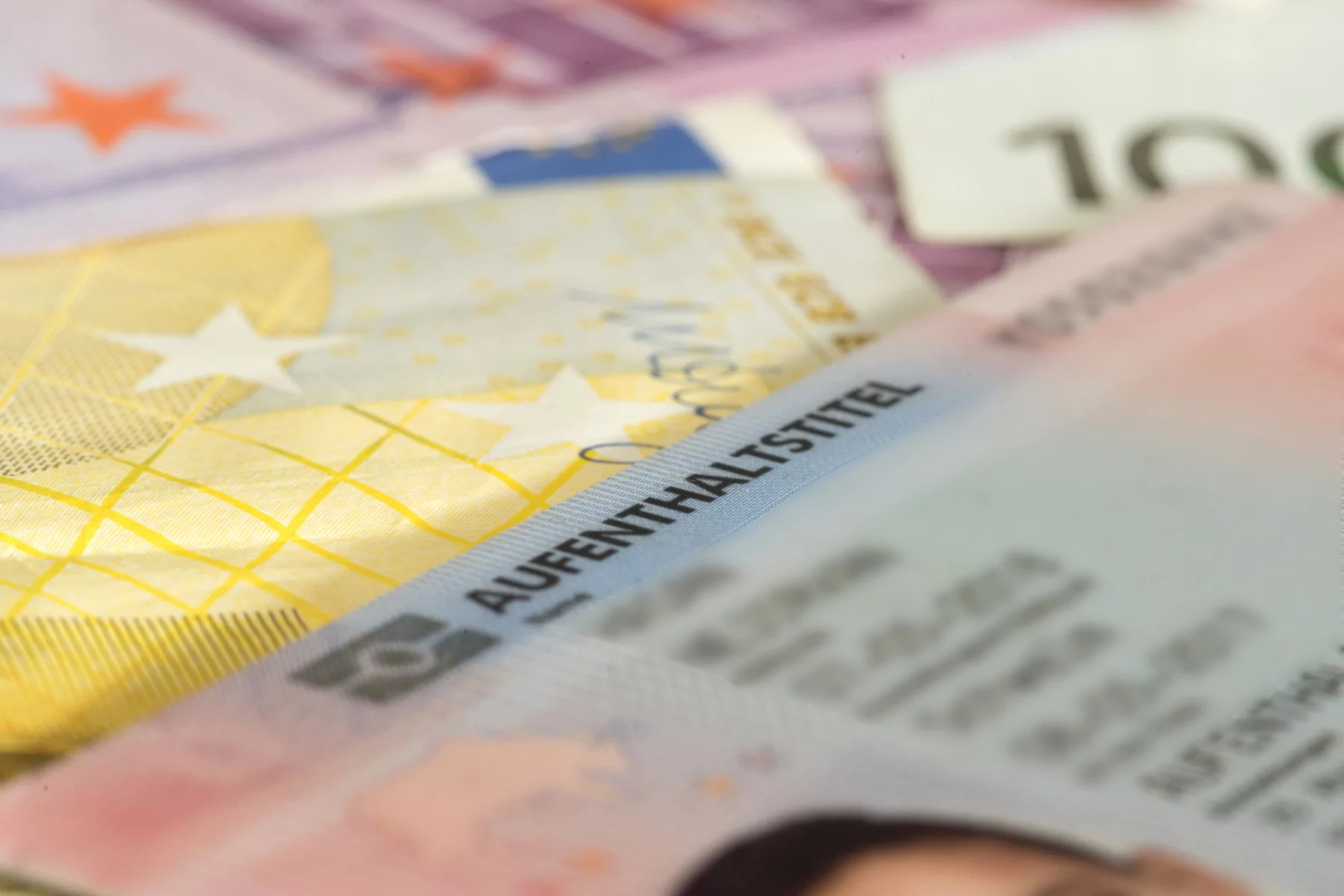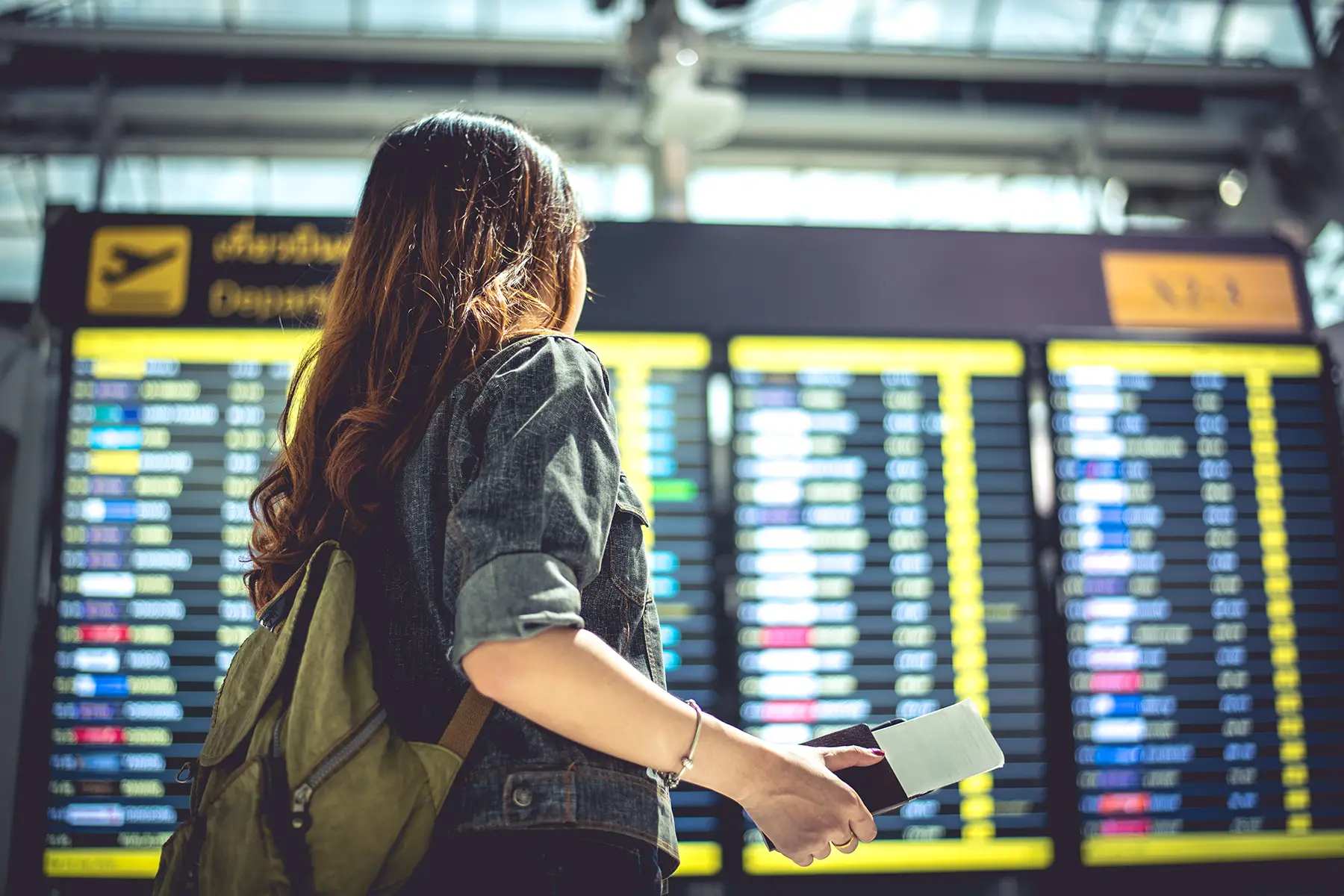Naturally, there are many things to take into account as you plan your big move to Austria. For instance, where to live in the country, how to deal with your finances, finding a job, or even learning German.
To help the process run smoother, this complete guide covers the main considerations of moving to Austria, including the following:
The Relocator
Planning a move to Austria? Whatever your circumstances and needs, find the right international relocation company for you with The Relocator. On their easy-to-use platform, you can compare free quotes from a range of certified international movers today, ensuring you find the right movers for you. Start your relocation journey today with The Relocator.
Do your research
Before moving to Austria, it is a good idea to get to grips with your new home. This can help you decide whether moving there is the right thing for you, too. With this in mind, it is wise to research Austria while you are making your decision.

A good place to start is by doing some quick Google searches or reading our handy expat guides. Perhaps you could start by looking into the local weather and culture to figure out what to expect. Or you might look at rents and the prices of everyday items to get an idea of the cost of living. Austria offers a great quality of life, so you could also check out local public transport options, local food and drink, healthcare options, and the education system. And, if all else fails, you can always spark your imagination with some of the most popular books and films set in Austria to get excited about your new life.
Arrange your visa
If you are moving to Austria, you will need to make sure you have the right to live there. Therefore, you should ensure that you have the right to residency or an appropriate visa. If you are moving to Austria with your current company, they will be able to arrange an intra-corporate transfer or seconded employee visa.
Otherwise, you might need to look into other work visa options, such as Very Highly Qualified Workers, or Skilled Workers in Shortage Occupations visas. However, if you want to start your own business, you might also be able to get a Self-employed Key Workers or Start-up Founders visa.
Transporting your belongings
Of course, moving to Austria means having to transport your belongings to your new home. There are many options for this, however, which one will work for you depends on how much you will be moving and how far you have to go.

For example, if you only have a few bags that are mostly filled with clothes and personal items, you could send your belongings by air freight. However, if you have a lot of belongings to move – especially furniture – sea freight is the way to go. If you are moving within the EU, though, it might be easier to send your things to Austria by road or transport them with you by train. International relocation companies include:
Read more about moving with an overseas shipping company.
Moving your finances
Perhaps the most important thing you will need to do when moving to Austria is getting your finances in order. Of course, one of the first things you will need to arrange is opening a bank account. That said, if you can set up a mobile banking account, you may be able to have your money ready to use in Austria before you even get there. You might also want to figure out how to make international money transfers so that you can easily move your cash between Austria and your home country.
While working in Austria, you will also need to pay tax so you should figure out how this works. Of course, your employer will also be taking care of social security and pension payments, so you should stay on top of these, too.
Import your vehicle
If you are planning to drive in Austria, you will need to take care of a few formalities. While you can drive on a foreign license for several months, you should be sure to exchange it for an Austrian one within six months.

You might also want to have your own car, especially if you are not living in a major city. Of course, the easiest option is to buy a car once you arrive in Austria. But, if you are particularly attached to your car, you may want to import it. While it is a bit of a process, you can certainly do this; you will just have to organize the paperwork and logistics.
When you arrive in Austria, you will also have to make custom and tax payments and register your car. Then, of course, you will need to arrange car insurance before you hit the road.
Move your pets
If you have a pet at home, you will likely want to bring it with you to Austria. Of course, you can certainly do so as long as you follow Austria’s animal importation regulations. If you are within the EU, you can easily fly your pet with you, take them on a train, or drive them into Austria.

If you are coming from outside the EU, however, you will have to work with a vet to ensure that your pet is appropriately microchipped and vaccinated. Then, you will have to book your pet to fly on a commercial airline, usually a few days before you. You can read more about this in our Guide to importing pets into Austria.
Sort out your health insurance
Fortunately, Austria has fantastic public healthcare. As such, this is one thing you won’t have to worry too much about when moving to Austria. If you are working, your company should automatically register you for public healthcare.
However, you may also want to arrange private health insurance, especially if you have pre-existing conditions. Austria also has particularly good health services for women and children.
Find a place to live
One of the most important things you will have to deal with when moving to Austria is finding a place to live. As such, you may first need to figure out exactly where in Austria you want to live. For example, you might want to live in cosmopolitan Vienna or picturesque Innsbruck.

Of course, even once you have picked a general area, you will have to find a neighborhood. For example, in Vienna, many expats choose to live in Währing and Döbling, where there are many international schools and bigger houses. Younger expats, however, may want to live closer to the city center, in the hip neighborhoods of Landstrasse and Wieden.
After choosing a place to live, you will also have to decide whether to buy or rent, or if you want to live in a house or apartment. Be sure to take your time to get a feel for different neighborhoods and arrange viewings to find the perfect place to live.
Start looking for work
If you are moving to Austria without a job, then you should start looking before you arrive. To start, be sure to prepare an Austrian-friendly CV and brush up on local interview norms. Then, you can start checking out job postings online and contacting companies you might be interested in.
It is also wise to read up on the business culture in Austria, as this may be somewhat different from what you are accustomed to in your home country. After all, you want to make a great first impression when you do land your dream job.
Look into childcare and schooling options
Expat families moving to Austria can find themselves overwhelmed when it comes to the local education system. Austria requires compulsory schooling between the ages of six and 15. As such, the country has many primary, secondary, and technical schools. However, parents will also have to choose whether they want to enroll their kids in free state schools or expensive private international schools. In addition, Austria boasts a wealth of respected universities to choose from throughout the country.
Parents in Austria also have access to a range of childcare options. While there are many state-run nurseries, daycares, and crechés, many expat parents choose to enroll their kids in after-school activities or opt for private babysitters and au pairs.
Start learning the language
English is the lingua franca of Austria’s expat community. That said, it can be immensely useful to learn German if you are moving there. This is because German is very commonly used and will help you a lot, especially when it comes to working.

Luckily, you can brush up on top phrases and expressions in German before you move, and then enroll in classes to properly learn it when you arrive. There is also a myriad of apps and online portals to learn German, along with many international language schools that might have offices in your home country and in Austria.
Your first week in Austria
When moving to Austria, there are numerous formalities that you will have to deal with at once. As such, your first week in the country will probably be a blur of running errands to get your life there up and running. First, you will need to ensure that your visa is in order and register your arrival. This is because you will need to get your resident document, which you will need to present to set up many other things. After this, you will probably want to sort out your bank account – if you don’t already have one – as you will need to have this for many other things.
Once you have your resident card and bank account, you can begin organizing the rest of your new life in Austria. For example, you might begin looking for an apartment and setting up your utilities, or perhaps getting a local mobile phone. Telecommunications companies in Austria include:
- A1
- Magenta
- 3 (Drei)
- bob
- Red Bull Mobile
Useful resources
- European and International Affairs, Federal Ministry of Austria – an Austrian federal government page about moving to Austria
- Migration Austria – an Austrian government site about moving to and living in Austria
- UK Government, Austria – a UK government page about moving to and living in Austria










